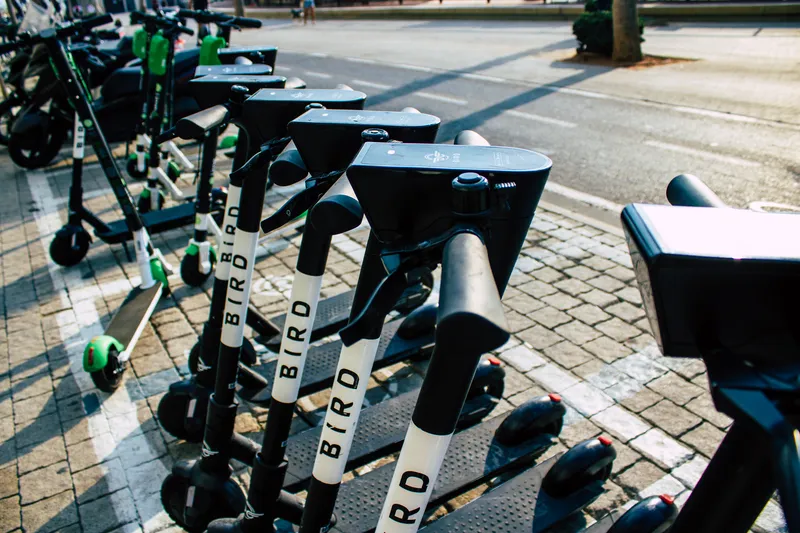
Israel’s National Road Safety Authority (NRSA) has confirmed three electric scooter companies have updated their apps after an investigation found services were being accessed by underage users.
The NRSA says Lime, Wind and Bird operate 7,500 e-scooters in Tel Aviv.
The service operators set a minimum age requirement of 18 years old while the law allows users aged 16 to ride e-scooters, the authority adds.
Over the past year, the NRSA carried out an investigation of the services' applications and terms of services, emphasising the ease with which underage riders were able to access e-scooters.
According to NRSA, the investigation found ways to improve preliminary registration, unlocking the scooters and parking and locking the scooters at the rider's destination.
The authority then sent letters to the three operators describing these issues, followed by a request to fix these faults.
In response, the companies updated their apps by tightening restrictions during the registration, adding automated procedures and updating the terms of service.
The investigation was part of collaboration with the Tel Aviv Municipality to study ways to improve the safety of micromobility vehicle users.
The Tel Aviv Municipality renews the operators' licences annually under certain conditions and restrictions, such as mandatory helmets for each rider at the start of January.









